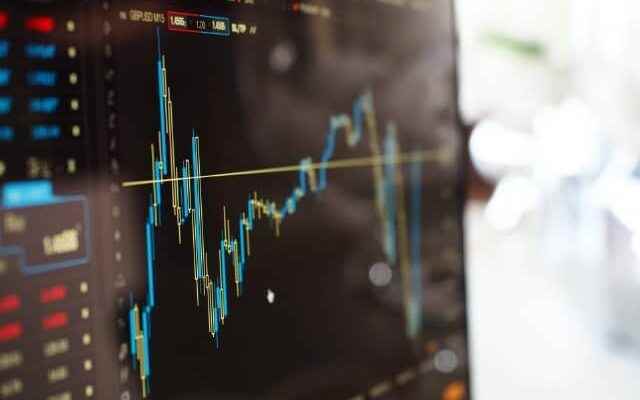(AOF) – The German meal delivery group Delivery Hero confirmed on Tuesday the forecast annual results that it had presented to the markets on July 22. Including the Spanish delivery platform Glovo, the group anticipates a gross merchandise volume (GBV) of between 44.7 and 46.9 billion euros, a total sector turnover of between 9.8 and 10.4 billion euros as well as an adjusted Ebitda/VBM margin between -1.5 and -1.6%.
In the third quarter of 2022, the ex-Foodora expects a gross merchandise volume (GBV) up 7% compared to the previous quarter. The latter should reach 10.6 billion euros (11.5 billion euros including Glovo).
The company estimates that its platform business is expected to break even Adjusted EBITDA in the third quarter of 2022, including Glovo.
In the second quarter of 2022, Delivery Hero achieved a VBM of 9.9 billion euros (+18% compared to the previous year), while the segment’s total revenue increased by 38% compared to the year previous year, to reach 2.1 billion euros.
AOF – LEARN MORE
Business services
The collective catering giants are reviewing their prices
In the first half (ended at the end of March) of its 2021-2022 financial year, Elior benefited from a jump of nearly 20% in its activity to 2.2 billion euros. However, its losses increased from 53 million a year earlier to 266 million euros, partly due to a deterioration in margins. This movement is linked to the inflation of food and energy prices. To remedy this, the group has set up a global and systematic program to renegotiate all price lists with its customers.
As for Sodexo, price increases have already taken place. During the third quarter, they increased by more than 5% year-on-year. The group expects a further increase in tariffs of 4 to 5% by the end of the year. Despite strong growth in its results in the first half (ending at the end of February), the group was cautious for the second half of the year due to an environment that remains uncertain. Executives estimate that the pre-covid margin will be reached again in 2023.
Road transport wants to accelerate its energy transition
The weight of fuel continues to climb in the cost structure of carriers, whereas it usually represents 20% of the cost price. The actors are well aware of the need to carry out the energy transition to free themselves from their great dependence on the price of fuel. However, professionals have to face a lack of supply of clean heavy vehicles at affordable prices. Moreover, the use of hydrogen is still too limited. As for CNG (Natural Gas For Vehicles), although investments have been made in the past, gas trucks are not currently running given the soaring prices. Professionals are therefore asking for support from the public authorities to accelerate their transition.
The serious European adjustment of the Internet giants
An agreement was reached on March 24 on the supervision of Internet giants, with new legislation on digital markets, the Digital Markets Act (DMA). This text aims to regulate the anti-competitive practices of the main players. With the DMA, the European Commission sets a framework to be respected, the sector now being subject to regulations similar to those of the energy, banking or telecommunications sectors. The scale of fines has also been adapted to the economic power of the players: in the event of an infringement, they may represent 6% to 20% of global turnover. In the event of a repeat offence, business transfers may be imposed. On the other hand, in the United States, the regulatory process has still not succeeded despite the authorities’ determination.
big concerns
According to the Federation of specialized trade, Procos, activity from January to May is very significantly down compared to the same period in 2019, at – 8.8%. Store traffic in May 2022 remained lower than in May 2019, but the decline was limited to 6.5%, much better than in April (-19.6% compared to April 2019). In a very uncertain context, several elements weigh on the profitability of companies, in particular the increase in the cost of electricity and the indexation of rents, even if the composition of the ILC (commercial rent index) has been modified. Previously it was composed of 50% inflation, 25% construction cost index and 25% change in retail turnover. From now on, it will only take into account inflation and the cost of construction because the previous formula included sales made by the ‘pure players’ of the Net, which increased the rents of physical stores.
